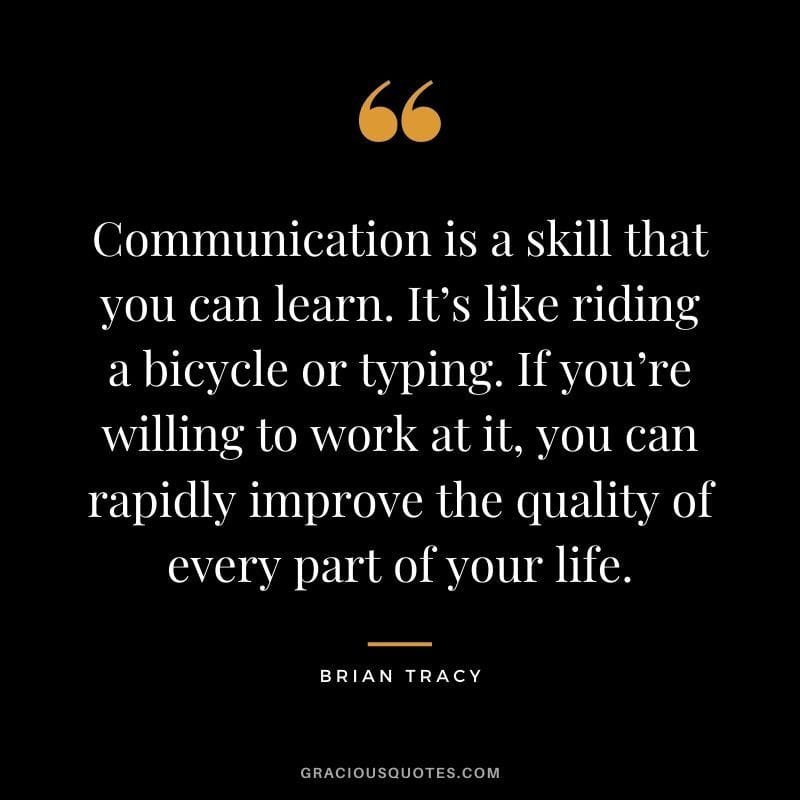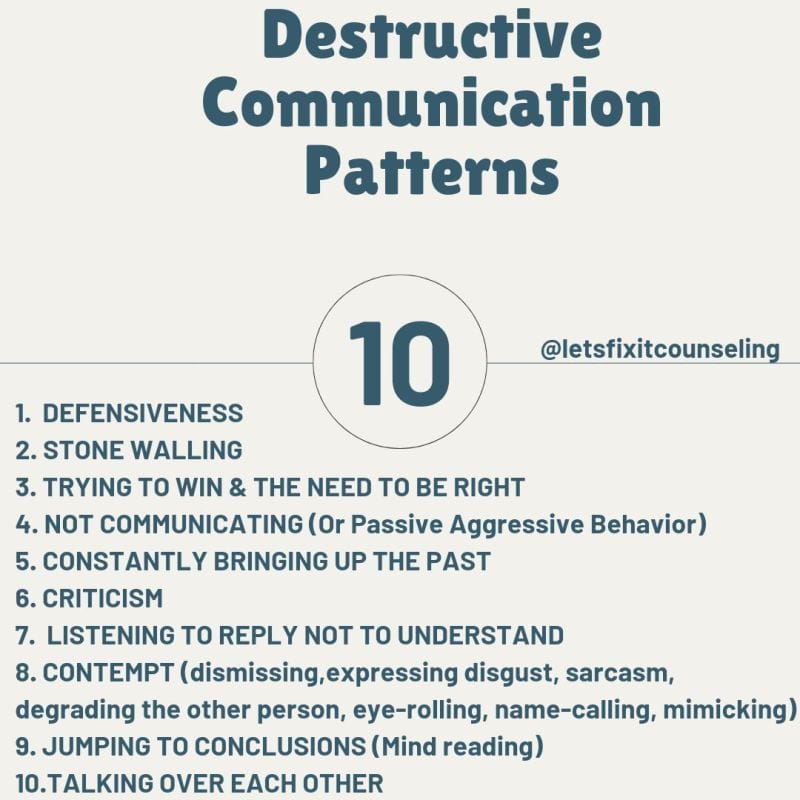Crucial Conversations 101:
1. Start with the Heart: Your own attitude and intentions have a profound effect on the conversation. If you're genuinely interested in resolving the issue, it'll show through.
2. Mutual Respect: Crucial conversations can become heated. It's essential to maintain respect and see the other person as a partner in dialogue, not an adversary.
3. Shared Purpose: Establish a mutual goal for the conversation. It's not about winning the argument, but about achieving a shared purpose.
4. Facts, Not Stories: Stick to the facts. It's easy to create stories in our heads based on our perspective. Instead, focus on the undeniable facts and shared experiences.
5. Master your Emotions: The ability to keep your emotions in check is key. Getting overly emotional can hinder the process of effective dialogue.
6. Stay in Dialogue: No matter how tough the conversation becomes, stay engaged. When communication stops, no progress can be made.
7. Listen Actively: Show genuine interest in understanding the other's viewpoint. Active listening is a key part of any conversation, crucial or not.
8. Speak Persuasively, Not Abrasively: Choose words carefully. Speaking with compassion and respect is more persuasive than speaking harshly.
9. Lean on Curiosity: Understand the other person's perspective and how they've arrived at their conclusions. This empathy builds mutual understanding.
10. Move to Action: Conversations should lead to clear decisions and actions. Ensure everyone understands the next steps to prevent misunderstandings.
These principles are inspired by the book "Crucial Conversations: Tools for Talking When Stakes Are High" by Kerry Patterson, Joseph Grenny, Ron McMillan, and Al Switzler. Implement these tips to navigate those challenging dialogues with grace and effectiveness.
P.S: Did you know that 70% of employees avoid having difficult conversations at work?
P.P.S: Document the conversation for mutual understanding, effective action and progress tracking.

